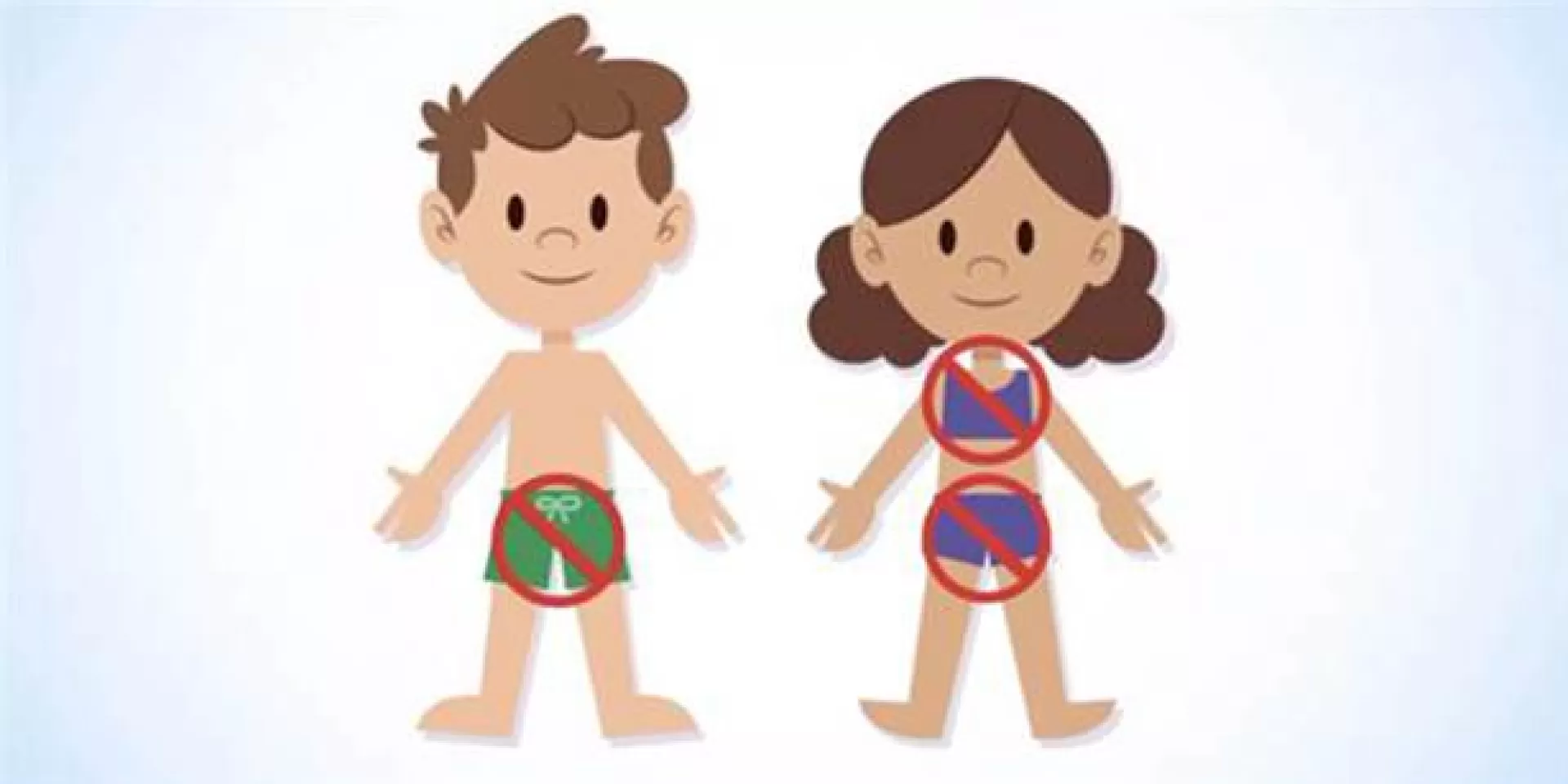
Child and Gender Education
- Arif Eren AÇIKGÖZ
- 09.10.2023
The education of children on gender is of great importance in terms of gender equality and human rights. In this article, we will explain what gender education is to children, why it is important, and how it should be done. Gender education for children aims to teach them about the concept of gender, the social roles and expectations associated with being male or female, and the importance of treating all individuals equally regardless of their gender. It helps children understand that gender is not limited to biological differences but is also influenced by societal norms and stereotypes. This type of education is crucial because it promotes equality between genders from a young age. By teaching children about the importance of respecting and accepting individuals regardless of their gender identity or expression, we can help create a more inclusive society where everyone's rights are respected. Gender education also plays a significant role in combating discrimination and violence based on gender. By teaching children about the harmful effects of sexism and misogyny, we can raise awareness and empower them to challenge these issues when they encounter
Providing gender education to children helps us lay the foundation for a fair, equal, and respectful society. This education increases children's awareness of gender issues while also contributing to the prevention of gender-based discrimination. Remember that every child is unique and everyone's rights and identities should be respected.
What is Gender Education?
Gender education refers to the process of providing children with information about gender roles, gender identity, sexual orientation, and gender equality. This education increases children's awareness about gender while also contributing to the prevention of gender-based discrimination.
The Importance of Gender Education
-
Gender Equality: Gender education promotes gender equality and supports everyone's ability to use their rights and opportunities equally.
-
Sexual Health and Knowledge: This education helps children become informed about sexual health and safety topics.
-
Challenging Gender Stereotypes: Gender education encourages questioning false beliefs and stereotypes related to gender.
How is Gender